Big technology companies are facing major challenges including soaring energy demand and higher carbon emissions on the back of a rapid and widespread adoption of artificial intelligence.
Google's latest environmental report revealed a 48 percent surge in the US tech giant's emissions over the past five years, largely driven by its advancements in AI despite its ambitious green goals. Similar challenges are confronting other tech giants such as Microsoft and Amazon, as they struggle to balance the high energy consumption of AI with their low-carbon objectives.
AI's higher energy consumption has long been an area of concern.
Experts said AI requires vast amounts of energy, not only to power data centers for computing and operations but also for the production and transportation of large quantities of chips, servers and related equipment, all of which contribute significantly to carbon emissions.
China's rapidly growing AI and other emerging industries are also grappling with significant energy consumption challenges.
In June, a green computing power index white paper released by energy group Envision, green data solution provider Hoyinn and the China Academy of Information and Communications Technology projected that China's data center energy consumption will exceed 400 billion kilowatt-hours by 2030.
Without a substantial increase in renewable energy usage, carbon emissions from these data centers could surpass 200 million metric tons by 2030.
"Until clean energy becomes the primary power source, large-scale AI deployment will inevitably lead to an increase in companies' short-term carbon emissions — a cost that early adopters of AI technology must be prepared to bear," said Zhou Wenwen, an expert committee member of the New-Type Power System Innovation Alliance.
In July, the National Development and Reform Commission, along with other departments, issued a special action plan for green and low-carbon development of data centers.
The plan sets targets for 2025, including a more rational national data center layout, reducing power usage effectiveness (PUE) to below 1.5, and a 10 percent annual growth in renewable energy utilization.
PUE is the ratio of the total amount of energy used by a computer data center facility to the energy delivered to computing equipment.
In recent years, major tech companies in China have taken proactive steps to promote green computing power, often venturing into the energy sector to secure stable and clean energy supplies.
Baidu has increased its procurement of renewable electricity and built its own renewable energy plants. Alibaba has consistently engaged in green power trading, constructed distributed photovoltaic systems, and signed long-term clean power purchase agreements.
Last year, Tencent's Tianjin high-tech cloud data center's distributed new energy microgrid project was officially connected to the grid, marking its fifth renewable energy project. It has a total installed capacity of 10.54 megawatts, and is aiming at further improving the data center's energy efficiency.









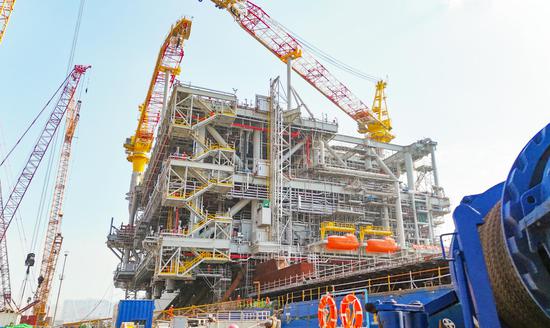













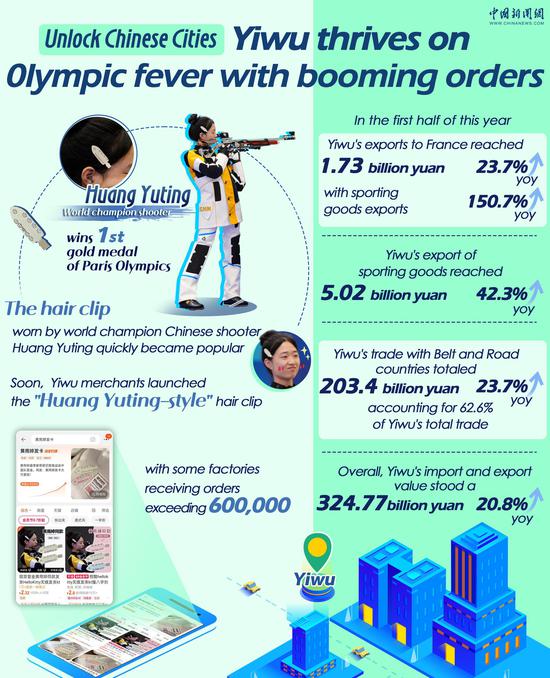
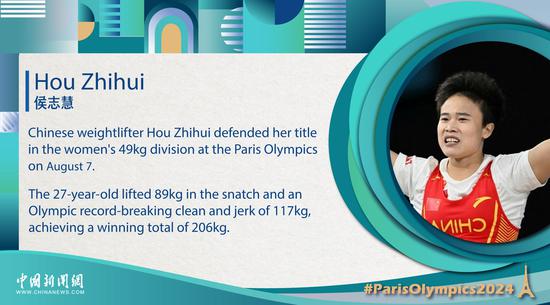
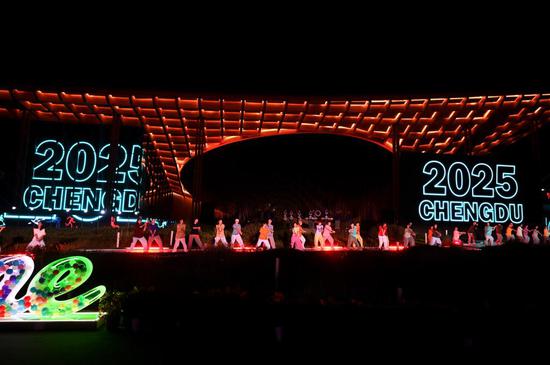






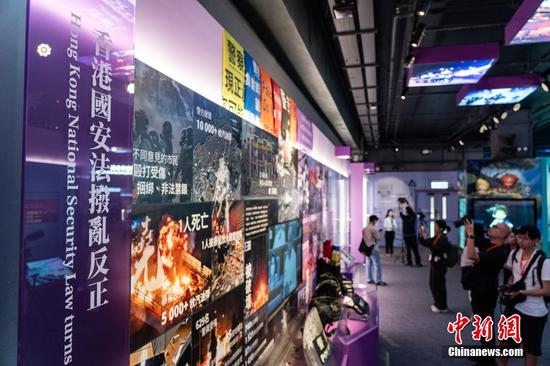
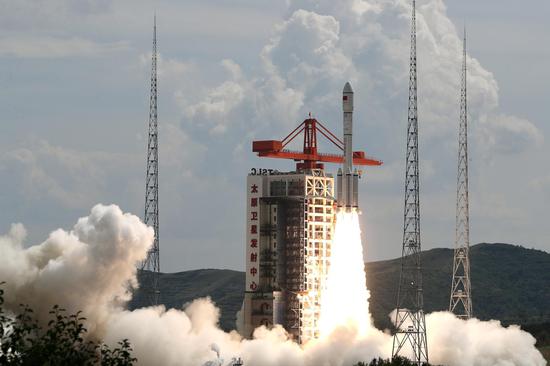





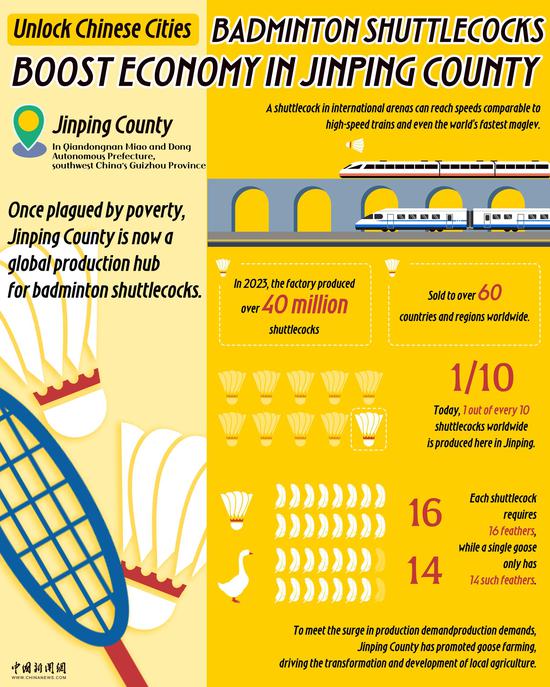
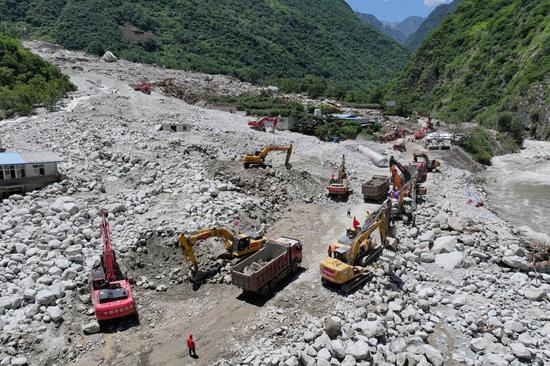









 京公網(wǎng)安備 11010202009201號
京公網(wǎng)安備 11010202009201號